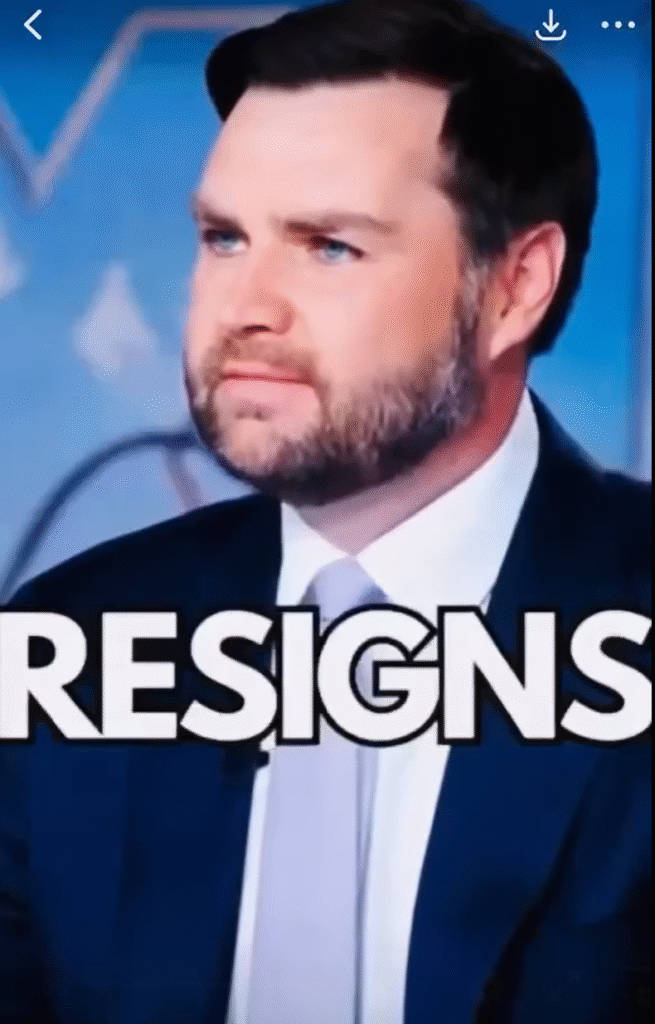
The United Kingdom responded to Vance’s remarks with rapid and forceful condemnation. British veterans and military figures highlighted the ultimate sacrifice of 636 soldiers who died serving in Iraq and Afghanistan, framing Vance’s comments as a serious affront to their memory. Prominent veterans, including Johnny Mercer and Andy McNab, openly criticized him for what they saw as a lack of respect toward allied forces. Former military leaders, such as Lord West and General Sir Patrick Sanders, echoed the sentiment, stressing the enduring bonds and shared sacrifices that unite the UK and the U.S.
Political figures in Britain joined the chorus of disapproval. Shadow Defense Secretary James Cartlidge called Vance’s remarks “deeply disrespectful,” underscoring Britain’s significant contributions to global security. Former Foreign Secretary James Cleverly and other MPs added their voices, urging Vance to recognize the long-standing history and sacrifices of British and American troops alike. Prime Minister Keir Starmer reaffirmed national pride in the military’s legacy, highlighting the critical importance of mutual respect among allies.
In the face of mounting criticism, Vice President Vance sought to clarify his statements, insisting that his comments targeted nations lacking recent combat experience—not the UK or France. Nevertheless, the controversy has ignited a broader debate about the need for diplomatic sensitivity, especially when addressing the sacrifices of longstanding partners on the battlefield.


